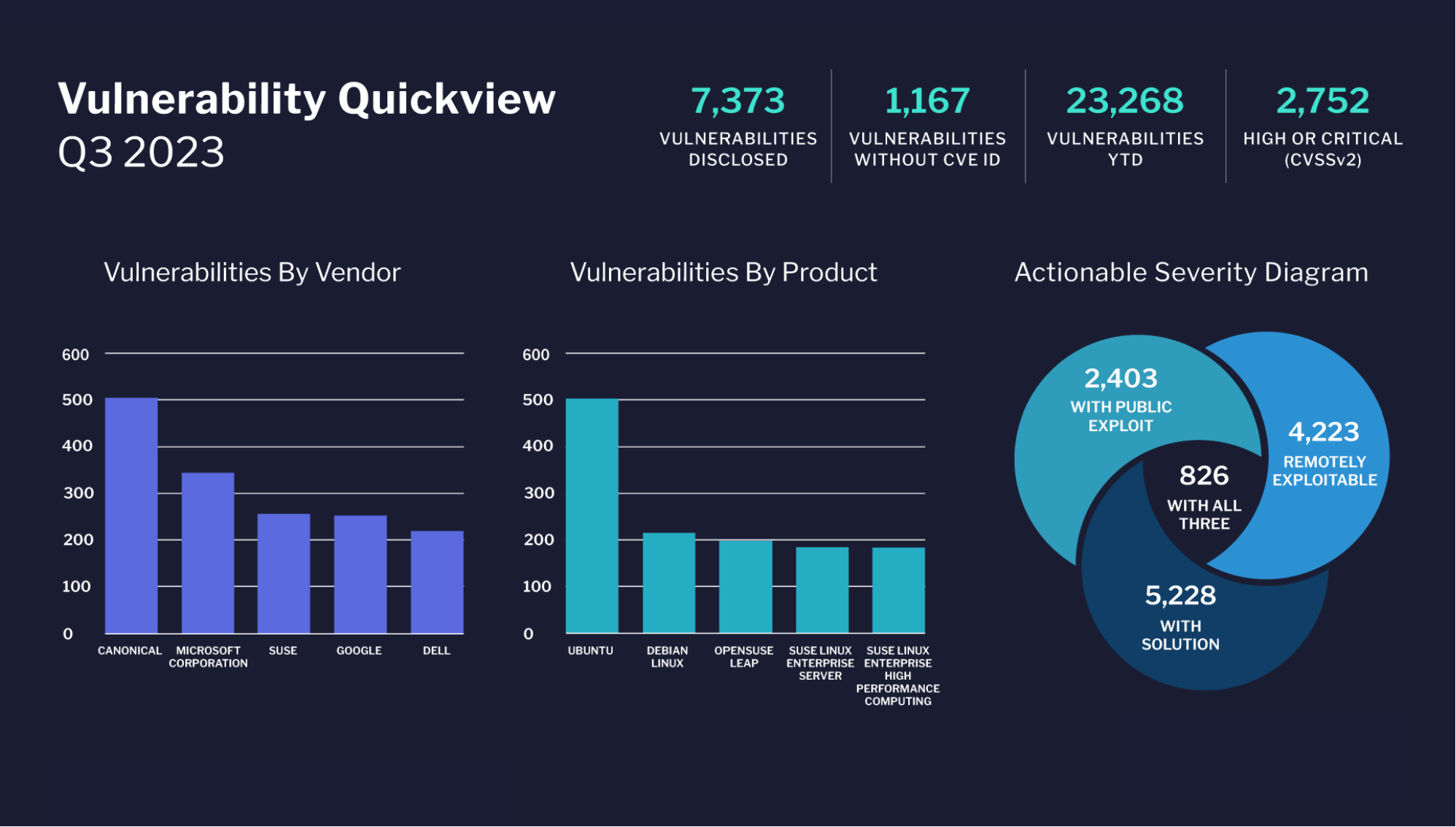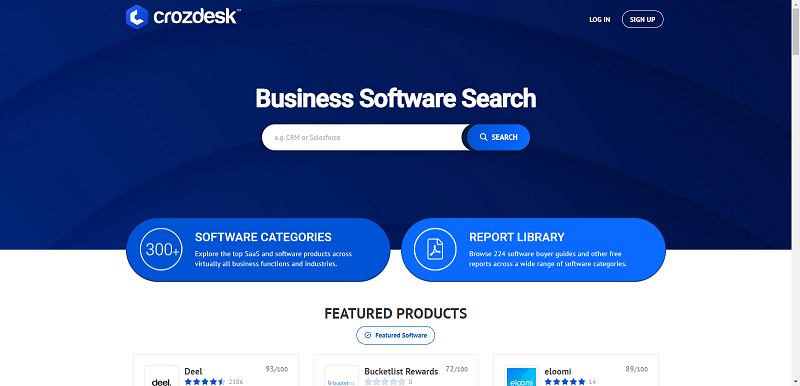The Smart Kalasatama district in Helsinki, is a purpose built smart district of a city burgeoning with innovation. The district, which is currently under construction, is expected to be fully finished by 2030, housing 20,000 people and providing 8,000 jobs in the sector. However, there are already some 3,000 residents starting to inhabit the district while the rest is constructed.
The project is being built on the site of an old commercial harbour area, redeveloping the old centres of industry into a futuristic and progressive smart city. The goal that is ultimately driving this project is to save residents one hour every day through efficiency and shared responsibility, to give residents more time to spend working on hobbies and socializing – making the district and better place for everyone who lives there!
“The bIoTope project will create better solutions that will improve the quality of people’s life. It develops further concepts for smart living, buildings, equipments and parking” says Project Manager Natalia Reen. For example, your car could provide recommendations on how you could save time or money going to work, or a smart home system could help you reduce power and water wastage, as well as reduce your carbon footprint, or even plan meals.
The city owns all the land in the district and leases them to investors that will provide new services for both citizens and Government. The apps are all developed through collaboration from all parties involved, and Helsinki itself promotes the use of open data to increase transparency and allow companies to use the data to improve and create new services.
Helsinki as a city is a part of the bIoTope initiative funded by the EU to build the foundations of a smart city network throughout Europe based on open innovation. Companies are being encouraged to invest small amounts to create new Systems-of-Systems (SoS) platforms for IoT smart devices. The apps are all built on standardized Open APIs so that the data can be used universally and across various platforms. BloTope is about laying out a roadmap for how government and the private sector can collaborate on an integrated eco system of smart devices and systems to improve the day to day running of the city. Helsinki have pioneered the creation of a connected network of charging facilities, payments systems, and charging points for electric cars.
On top of this from February to July 2017 the city is running a series of pilot programs powered by the smart city platform. Rentapark is a sharing economy parking service that allows you to look for a space, book it, and pay for it prior to your arrival, Elwedo will allow excess power generated by solar panels to be sold to the grid and the revenue shared by the residents of the building, whilst The Natural Step Helsinki will supply real-time carbon footprint data and advise on how to reduce it.
All of this is made possible as a result of Helsinki’s Open Data policy, the data collected by cities and NGO’s involved in smart-city projects is available in a structured format, free of charge to anyone. The data has information about infrastructure, transport, local living conditions, and public services, and is useful to Universities, City Governments, businesses, and hospitals.
Cities like Helsinki are leading the way in building a smart city platform that benefits everyone involved. “We all know that cities should belong to citizen”, says Pilar Conesa, founder of the Anteverti consultancy (a smart city consulting firm), “That’s why we need bottom-up processes in smart cities.” She has grown concerned that smart city innovation has become more about efficiency, than improving the liveability of the cities. This technology should be put to work to improve the lives of the people whose data makes it possible – the citizens.
Helsinki is leading the way forward in this regard, show Europe and the world how collaboration between citizens, government, and the private sector can work for everybody. An open and collaborative platform is how smart cities can succeed in the future, citizen engagement and integration is essential to improving the daily lives of the public who will be using the services. It is up to governments and the private sector to involve the general populace in the interests of everyone involved.
By Josh Hamilton





